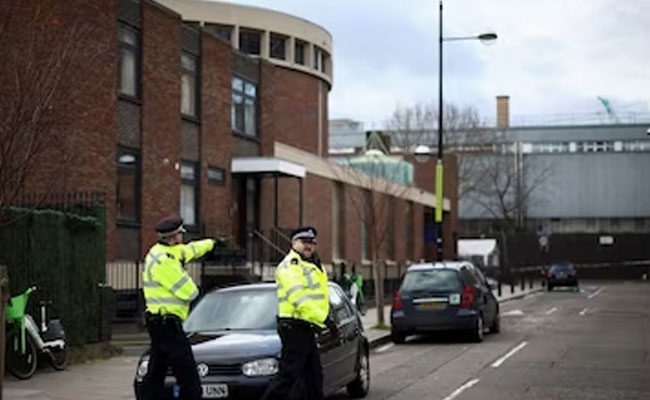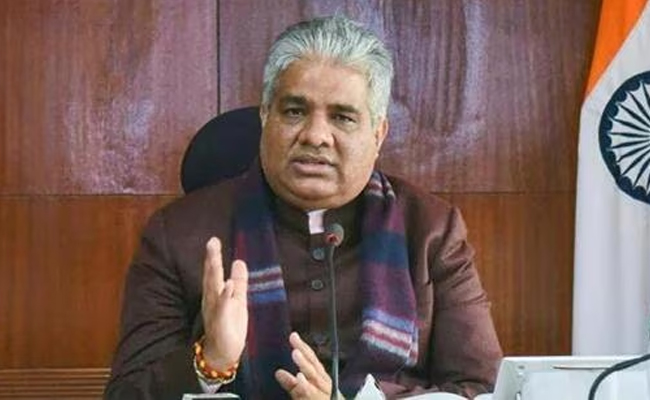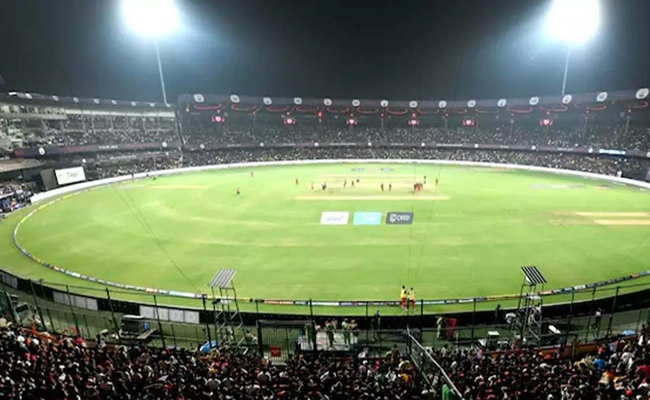London (PTI): The UK capital has registered a big spike in antisemitic and Islamophobic hate crimes since the Israel-Gaza conflict broke out, Scotland Yard data revealed on Friday as the police force sought to reassure communities of additional force deployment to protect against such incidents in London.
According to the Metropolitan Police figures, between October 1 and 18 there were 218 antisemitic offences compared to 15 in the same period last year. During the same period, Islamophobic offences registered a spike from 42 to 101. These represent percentage rises of 1,353 per cent and 140 per cent respectively.
"The Met has been working closely with representatives from London's Jewish and Muslim communities since the attacks in Israel," the Met Police said in a statement.
"Officers have been deployed to provide reassurance and to investigate offences in the vicinity of faith schools, places of worship and in those communities where we know the levels of concern are highest. So far officers have visited 445 schools and 1,930 places of worship. Those visits will continue," the statement said.
The UK's largest police force said that so far its officers have made 21 arrests for hate crime offences in the community. For example, this week they arrested a man on suspicion of defacing posters of missing Israelis in Camden and another man in relation to 10 incidents of Islamophobic graffiti on bus stops. Further arrests were also made at protests and demonstrations, held in support of Israelis or Palestinians.
"While there have been pockets of disorder and some instances of hate speech, the majority of the protest activity has been lawful and has taken place without incident. The largest demonstration seen so far took place last Saturday. Officers made 15 arrests for a variety of offences," the Met Police said.
The force is expecting another big demonstration in central London on Saturday, organised by the Palestine Solidarity Campaign, and said that over 1,000 officers will be deployed to police the event. They include public order trained officers, roads policing teams, mounted units, dog units and police staff who are providing essential support.
"We will police this demonstration impartially, protecting the right to protest while intervening or gathering evidence for subsequent investigation where offences take place. We will not stand by if we see examples of hate crime taking place. We will intervene," the Met Police said.
Under the Public Order Act, the Met Police has banned protesters from assembling outside of the Israeli embassy in London and revealed that counter-terrorism officers would be monitoring for anyone supporting Hamas or Hezbollah, both of which are banned under the UK's terror laws.
"It is important to remember that while supporting the Palestinian cause or criticising Israel is not, in itself, unlawful, any support for a proscribed organisation such as Hamas or Hezbollah is unlawful. Anyone wearing, carrying or otherwise displaying symbols that are supportive of a proscribed organisation can be arrested. The same is true for chanting or slogans," the police warned.
Let the Truth be known. If you read VB and like VB, please be a VB Supporter and Help us deliver the Truth to one and all.
Thrissur (Kerala) (PTI): A man was arrested on Monday after a 14-year-old boy was killed when a car overturned during a stunt-driving incident at Chamakala Rajiv Road beach in Chentrappinni here, police said.
The arrested accused was identified as Shajeer alias Saddam (36), a native of Kurikkuzhi in Kaipamangalam.
According to police, the incident occurred around 6 pm on Sunday when the accused allegedly performed dangerous drifting manoeuvres with an open-top Gypsy vehicle at the beach, without following any safety norms.
The accused picked up three minors — Mohammed Sinan (14), Mohammed Shafeer (14) and Ameer (12) — who were playing at the beach, and made them sit at the rear of the vehicle before driving recklessly.
While performing the drifting stunt, the vehicle went out of control and overturned, trapping Sinan underneath.
He suffered severe head injuries and succumbed to the impact, police said.
Based on a complaint, Kaipamangalam police registered a case under Section 105 (culpable homicide) of the Bharatiya Nyaya Sanhita.
After completing the preliminary probe, police arrested Shajeer on Monday.
He was later produced before a court and remanded to judicial custody, police said.
The accused is involved in 11 criminal cases.





